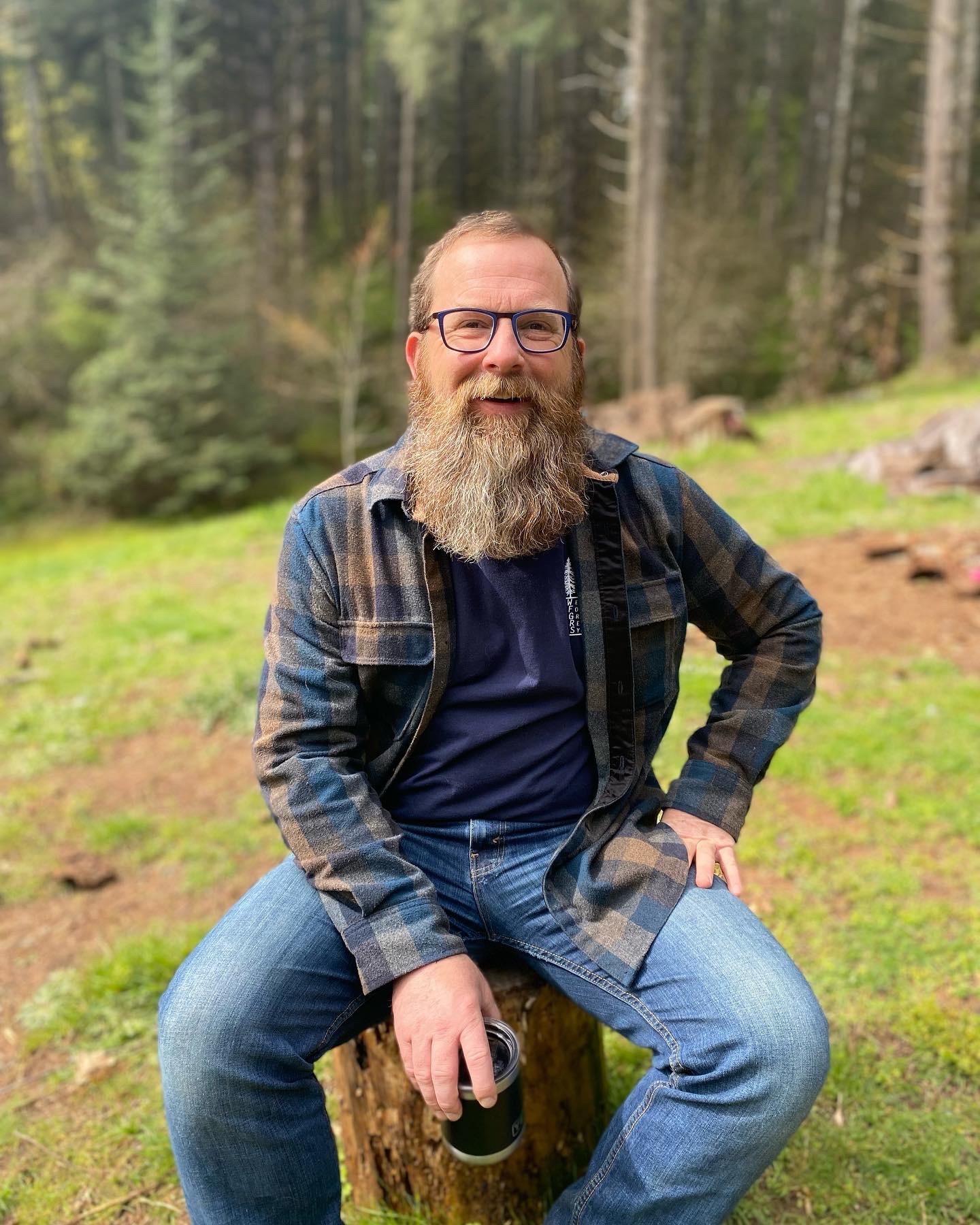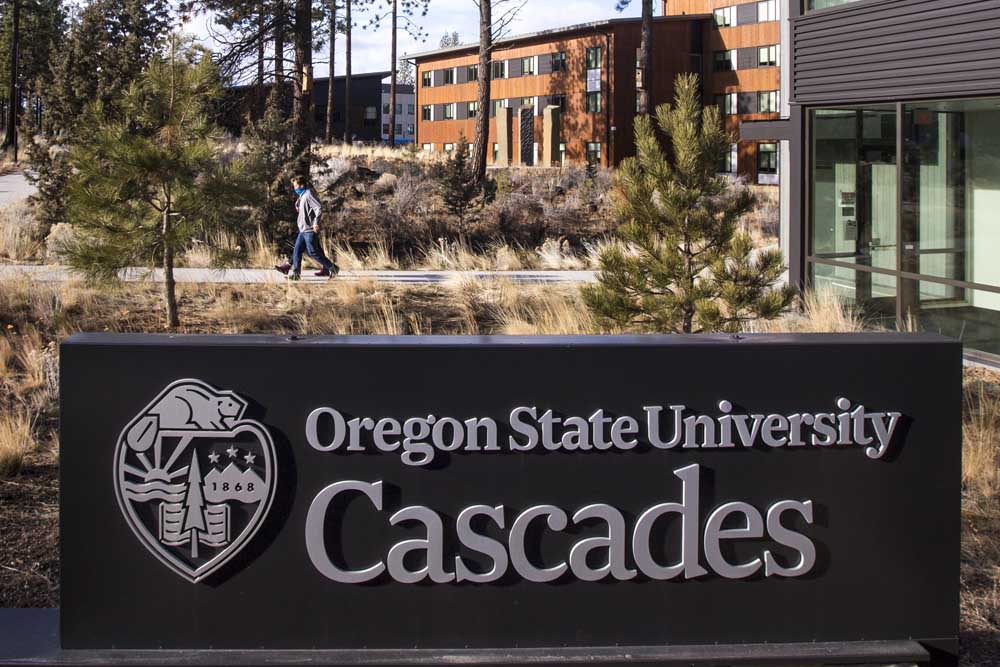Opinion: We’re rural Oregon doctors. Medicaid cuts will disproportionately hurt rural Oregonians
Published 6:17 am Thursday, May 15, 2025
Any reduction in federal support for critical health care access, benefits or the health care workforce in Oregon, especially in our rural communities, is unacceptable
The U.S. House Committee on Energy and Commerce, including Rep. Cliff Bentz, R-Oregon, voted Wednesday to potentially slash Medicaid coverage and vital rural health care funding. After significant pushback by constituents, more draconian cuts to Medicaid were avoided for now, and some Republicans are claiming the proposals still in play don’t cut Medicaid. However, as Bentz and other Oregon Congress members consider their vote, we doctors and health care providers who serve rural Oregon would like to set the record straight.
We provide health care across rural Oregon and know Medicaid and health care workforce funding are lifelines for Oregonians, especially in rural communities whose care infrastructure is fundamentally reliant on federal support. Across the Eastern and Southern Oregon counties that make up Bentz’s district, nearly half of the population relies on Medicaid coverage for health care.
If as projected, nearly 9 million Americans — more than twice the population of Oregon — lose Medicaid coverage through these cuts in order to achieve more than $900 billion in budget “savings”, with additional cuts in rural funding looming, the consequences will be catastrophic nationally. Here at home, according to estimates from the Oregon governor’s office, as many as 30-40% of Oregon’s children, families and individuals may be disenrolled from Medicaid as a result.
Rural community health centers and hospitals face the very real threat of closure. Cuts like these will shatter health care access in rural areas, decimate local economies and eliminate essential jobs, leaving more Oregonians without insurance.

Dr. Evan Saulino is a family physician and health system strategist with more than 20 years of clinical and leadership experience spanning direct patient care, teaching, statewide policy advising, and quality improvement. Dr. Saulino represents a coalition of Oregon physicians, health professionals, community clinics, and hospitals serving rural Oregon who are working to protect and improve health care access and coverage. Over the coming months, this group is organizing a series of constructive health care conversations including key community members and legislators in rural communities.
To be clear: Any reduction in federal support for critical health care access, benefits or the health care workforce in Oregon, especially in our rural communities, is unacceptable.
As health care professionals, we know the consequences of denying coverage and access are stark: essential health care is delayed for weeks, even months. A simple infection, easily treated, can escalate into a life-threatening emergency. Crucial cancer screenings are postponed, allowing small tumors to spread undetected. Instead of local care, individuals are forced to travel hours for necessary services.
The proposal in front of the House contains strategies misaligned with access and coverage, such as raising administrative barriers to coverage by instituting “work requirements” and requiring more frequent reapplications for coverage. We know that programs in Arkansas and Georgia failed to effectively implement similar strategies cost-effectively, and people lost access to care.
Spreading a similar strategy nationwide will be harmful, particularly in rural communities which lack adequate opportunities for good jobs. Another proposed scheme is forcing low-income patients with Medicaid to pay part of the cost of their care. This has been tried before in Oregon and other states, and the results reliably lead to poorer health outcomes, people avoiding necessary care and a lack of any reliable cost savings. These proposals are the opposite of common sense. Decreases in access and coverage always result in higher costs for all Oregonians, including those with private insurance in urban areas.
These choices are about lives, not ideology. Just like in surgery, if we use blunt, outdated instruments that we know through experience don’t work to make cuts in health care, we will fail and cause damage to real people. We would call that malpractice.
We envision a better future for Oregon and our nation, one that transcends shortsighted cuts and divisive rhetoric. We acknowledge the need for improvements in American health care, and know these changes must be strategic and carefully implemented — eliminating harmful bureaucracy and enhancing good care, ultimately saving money by ensuring better care for more people.
Oregon leads the country in innovative approaches to care delivery models. We have demonstrated that we can save lives and taxpayer dollars by expanding access to quality care for more people, not fewer.
Federal and state investments in home-grown models like Coordinated Care Organizations, improving primary care and comprehensive maternity care have yielded remarkable results: expanding health coverage, improving care quality, and generating billions of dollars in savings for the federal government and U.S. taxpayers. Instead of depriving rural communities of essential health access and resources, we should scale proven strategies nationwide and support further innovation in health care, so it works better for everyone.
We urge Bentz and our other federal legislators to lead with vision, drawing upon evidence-based, successful models to expand coverage and access for communities across the nation. Prioritize sound practice and responsible economics by preserving and building upon what we know works, not spreading what we have already seen fail.
Dr. Evan Saulino is a family physician and health system strategist with more than 20 years of clinical and leadership experience spanning direct patient care, teaching, statewide policy advising, and quality improvement. Dr. Saulino represents a coalition of Oregon physicians, health professionals, community clinics, and hospitals serving rural Oregon who are working to protect and improve health care access and coverage. Over the coming months, this group is organizing a series of constructive health care conversations including key community members and legislators in rural communities.







